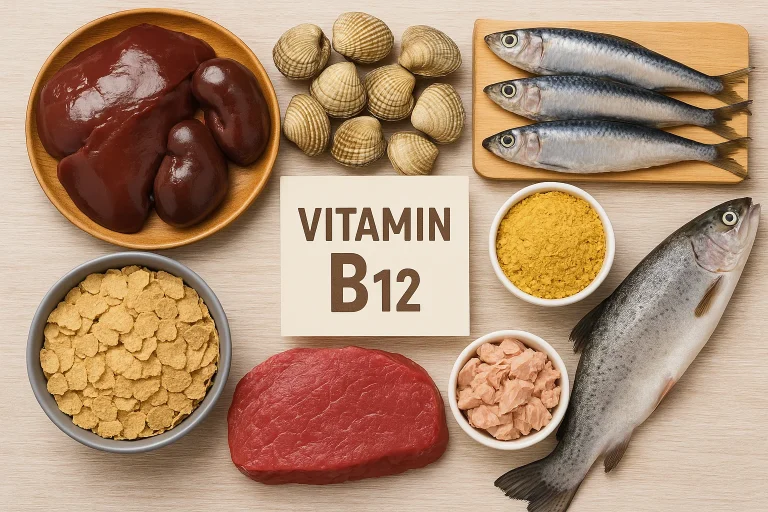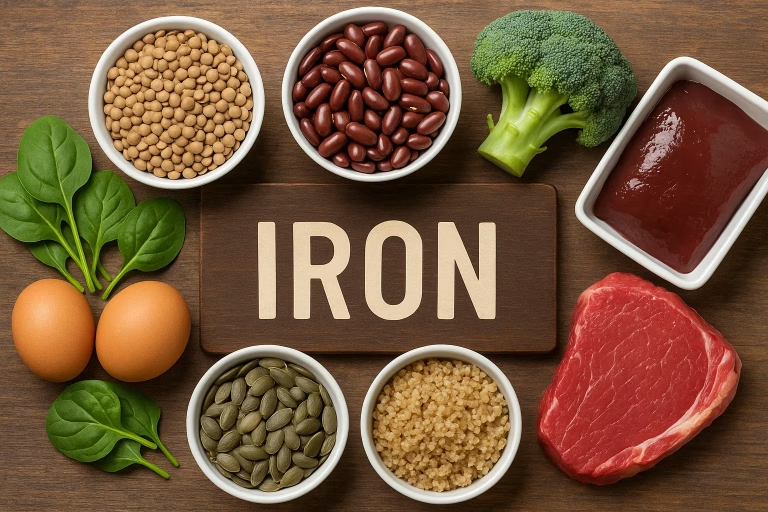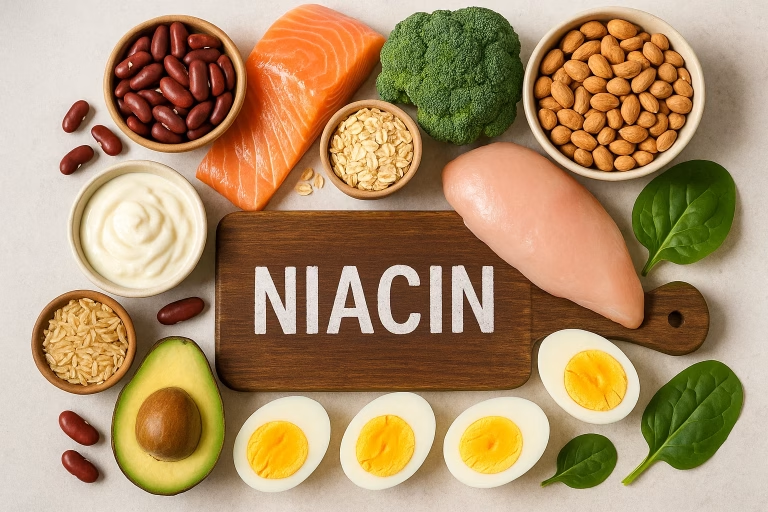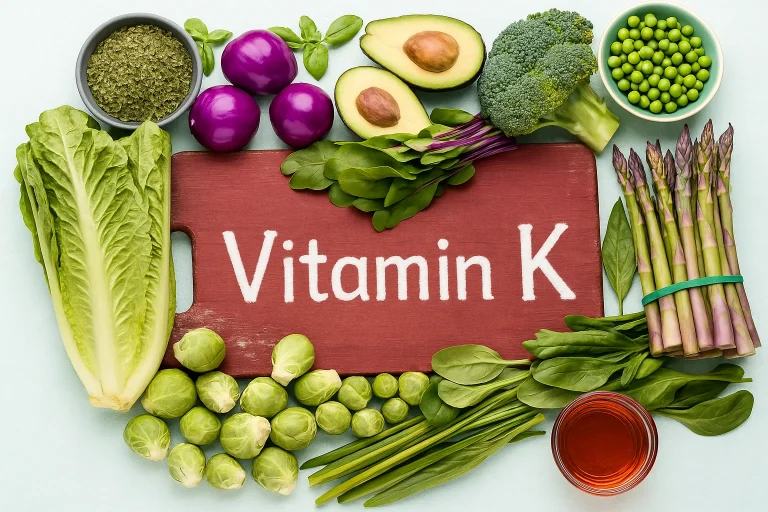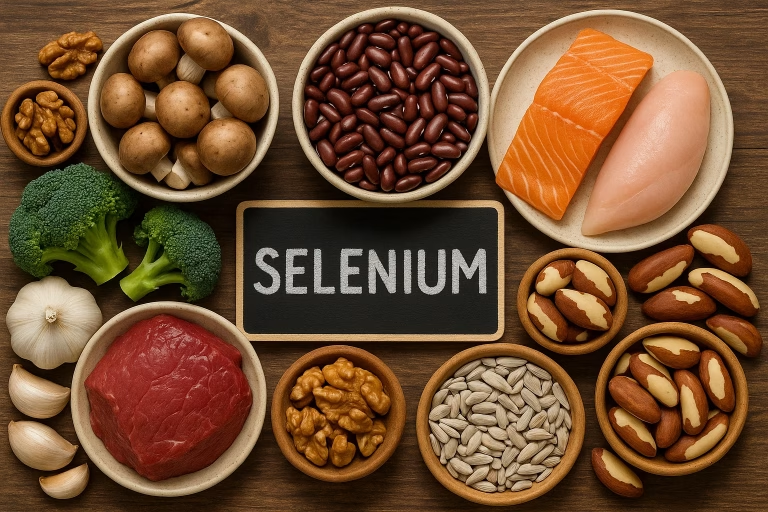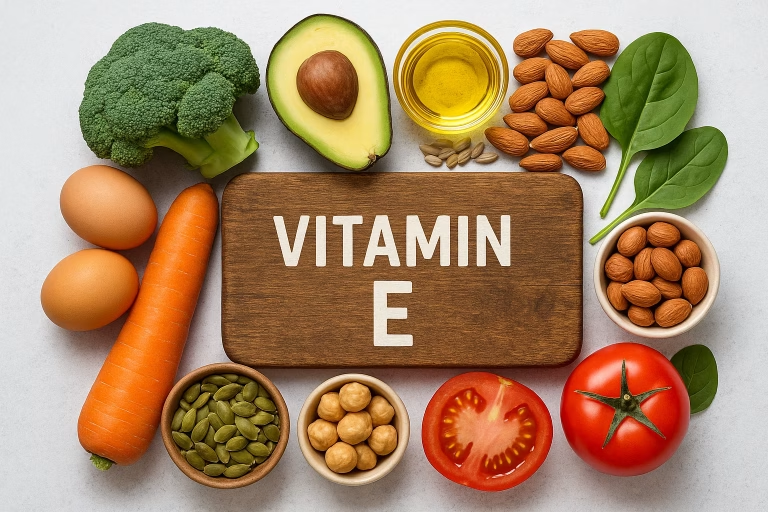Probiotics Review: Health Benefits, Best Strains & Gut Health Tips
Probiotics have taken center stage in health discussions, especially for adults over 40 who want to optimize digestion, support immunity, and enhance well-being. In this comprehensive probiotics review, we explore the science behind these “good bacteria,” the best strains for your health goals, and how to choose a supplement that works.
What Are Probiotics?
Probiotics are live microorganisms — mostly bacteria and some yeasts — that provide health benefits when consumed in adequate amounts. They help maintain a healthy balance in your gut microbiota, the trillions of microorganisms that live in your digestive tract. This balance is critical to digestion, nutrient absorption, and immune function.
How Probiotics Work
Probiotics work by colonizing the gut and competing with harmful bacteria. They produce substances like lactic acid and bacteriocins that inhibit pathogens, improve barrier functions in the intestinal wall, and communicate with your immune system to reduce inflammation.
Top Benefits of Probiotics for Adults Over 40
- Improved Digestive Health: Probiotics help relieve bloating, gas, and constipation. Strains like Lactobacillus acidophilus and Bifidobacterium lactis are especially helpful for digestion.
- Stronger Immune System: Nearly 70% of the immune system resides in the gut. Probiotics enhance immune response and reduce the risk of infections.
- Better Nutrient Absorption: Probiotics assist in breaking down food and increasing absorption of nutrients like B vitamins, calcium, magnesium, and iron.
- Support for Mental Health: Known as the gut-brain axis, your microbiota communicate with your brain. Probiotic strains like Lactobacillus rhamnosus have been linked to reduced anxiety and improved mood.
- Weight and Metabolic Support: Studies suggest certain strains help regulate weight by impacting appetite hormones and insulin sensitivity.
Popular Probiotic Strains and Their Benefits
- Lactobacillus acidophilus: Supports digestion and lactose breakdown.
- Bifidobacterium longum: Reduces gut inflammation and supports immunity.
- Lactobacillus rhamnosus: Helps with anxiety and travel-related diarrhea.
- Saccharomyces boulardii: A beneficial yeast that treats antibiotic-related diarrhea.
- Bacillus coagulans: Heat-stable and great for shelf-stable supplements.
Who Should Take Probiotics?
Probiotics are especially beneficial for:
- Adults over 40 with declining digestive enzyme activity
- People taking antibiotics or recovering from illness
- Those with IBS, bloating, or irregular bowel movements
- Anyone seeking immune support or reduced inflammation
- People with skin conditions like acne or eczema
How to Choose the Best Probiotic Supplement
- Look for Multi-Strain Formulas: Supplements with 5–15 strains offer broader benefits.
- Check the CFU Count: 10–50 billion CFUs is a good range for daily use.
- Go for Targeted Delivery: Delayed-release capsules protect bacteria from stomach acid.
- Refrigerated vs. Shelf-Stable: Shelf-stable formulas with spore-based strains are ideal for travel.
- Read the Label: Choose third-party tested products with no unnecessary fillers or allergens.
Foods That Naturally Contain Probiotics
- Yogurt with live cultures
- Kefir
- Kimchi
- Sauerkraut (unpasteurized)
- Miso
- Kombucha
- Tempeh
Probiotic Side Effects and Precautions
Most people tolerate probiotics well. However, during the first few days, you may experience mild bloating, gas, or changes in stool. These usually subside quickly.
Probiotics may not be safe for people with compromised immune systems or those undergoing chemotherapy. Always consult a healthcare provider if you have a medical condition or take immunosuppressants.
When Is the Best Time to Take Probiotics?
Probiotics are best taken on an empty stomach or 30 minutes before a meal, unless otherwise directed. This increases the chances that the bacteria survive stomach acid and reach the intestines alive.
Should You Cycle Probiotics?
Some experts recommend cycling probiotics every few months to avoid bacterial adaptation. You can either switch brands or take a break for a week before resuming.
Combining Probiotics with Prebiotics
Prebiotics are fibers that feed the good bacteria in your gut. Foods like bananas, garlic, onions, and oats are rich in prebiotics. Many supplements now combine both — these are called synbiotics.
Probiotics and Antibiotics
If you’re taking antibiotics, probiotics can help prevent diarrhea and protect your gut flora. Take your probiotic supplement at least 2 hours apart from your antibiotic dose.
Probiotics for Specific Health Concerns
For Gut Health
Look for Lactobacillus plantarum, acidophilus, and Bifidobacterium bifidum.
For Immunity
Lactobacillus casei and Bifidobacterium lactis are strong immune boosters.
For Mental Wellness
Lactobacillus helveticus and Lactobacillus rhamnosus support mood balance.
For Weight Loss
Lactobacillus gasseri and Bifidobacterium breve have shown potential in clinical studies.
Conclusion: Are Probiotics Worth It?
Absolutely. For adults over 40, probiotics offer an affordable and effective way to support digestive comfort, immune function, and overall vitality. They may even help with mood, weight management, and healthy aging. Choosing the right supplement and integrating probiotic-rich foods into your diet can yield noticeable improvements in how you feel.
As always, consistency is key — gut health doesn’t improve overnight, but daily support from probiotics can lead to lasting benefits.


